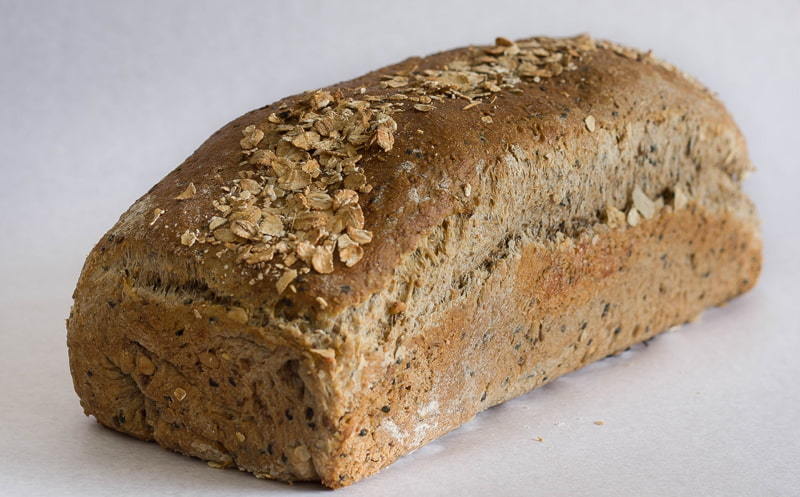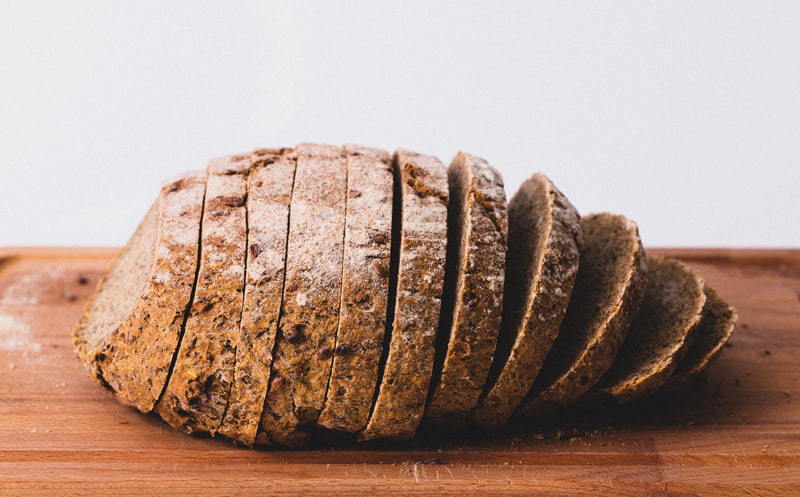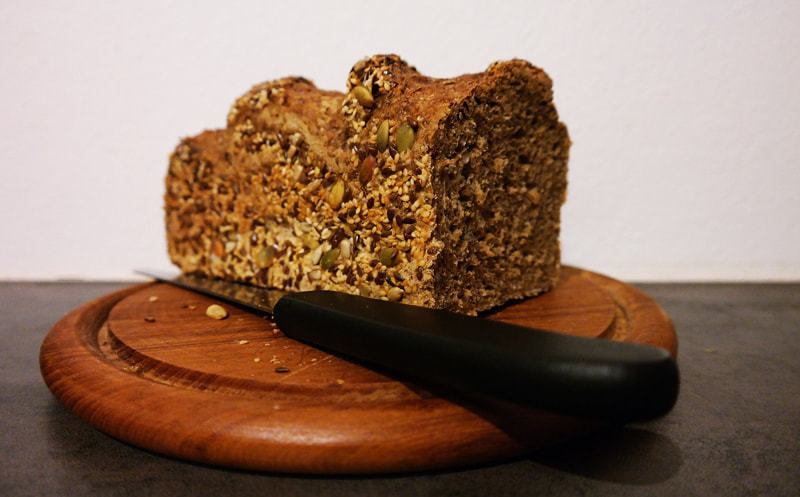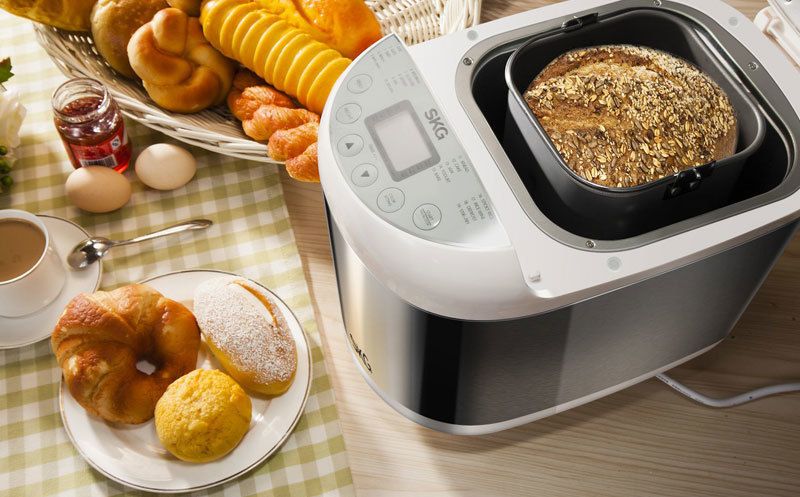These days bread tends to get a bad rap. Even whole wheat bread that is more nutritious than white bread has its detractors. This is due, at least in part, to carbohydrates. Carbs in whole wheat bread and in white bread are high and if people are trying to avoid carbs, especially simple carbs, they tend to stay away from bread.
But is bread actually healthy and should you be eating it?
It depends.
You’ll need to consider your goals in terms of health and where you stand currently. Some people are unable to eat bread without feeling ill. For instance, if you have a gluten sensitivity or celiac disease, you won’t be able to eat most types of bread.
But if you haven’t officially been diagnosed with a disease or condition that requires you to eliminate bread from your diet, are the carbs in whole wheat bread enough to make it so you shouldn’t eat it?
Before you decide, let’s take a look at the nutrition facts and health benefits of whole wheat bread.
Nutrition Content of Whole Wheat Bread

Photo by Sergio Arze on Unsplash
In general, the nutrition label on a loaf of most whole wheat breads will look like this and be based on the USDA standards for one slice of whole wheat bread:
Nutrition of a specific type of bread can vary, especially if it’s homemade and not store-bought bread, but this is a fairly good guideline for what you’re getting when you eat a slice of whole wheat bread. Whole wheat bread tends to be lower in carbohydrates by a bit and offer more nutrition. It can also be higher in calories than white bread, but that isn’t always a bad thing. You’re going to get more fiber in whole wheat bread, which is always a good thing unless you have an irritable digestive system that can’t manage fiber properly.
Are some types of bread healthier than others?
You bet. Even breads that claim to be healthy or that advertise as whole wheat might not standup to competitors when compared on an ingredient-by-ingredient basis. For instance, a lot of whole breads contain enriched wheat flour, which some believe isn’t much healthier than the flour used to make white bread. Often, looking for breads that call themselves “whole grain” make for a healthier choice. Essentially, whole grain breads are whole wheat breads that have amped up the nutrition factor.
Determining whether or not you should be eating bread will depend on your individual health goals. Bread offers many health benefits, so it’s probably not a good idea to eliminate it from your diet entirely for the remainder of your life. If you’re in optimum health and you aren’t trying to lose weight, it’s also probably a good idea to keep a moderate amount of the right kind of bread in your diet.
However, if you’re looking to make some changes in your diet, especially if you want to lose weight, your bread selection might be a good starting point.
Also keep in mind that the nutrition content of bread is typically listed for one slice. This means if you’re having a whole sandwich, you’ll need to double what you’re seeing. If you aren’t getting the results you want, make sure to check your serving size.
What are the Health Benefits of Bread?
Anytime you eat you are giving your body energy. The energy your body gets from bread comes from the carbohydrates, which is the best source of energy. Your body has the easiest time processing carb energy and it offers relatively fast delivery. This is why you might have heard of “carb loading,” which is a practice used by athletes to enhance their performance. Eating high carb foods before a race of other event can provide you with an energy boost.
Whole grain breads also contain fiber. Fiber can be extremely helpful with your overall health, as well as with your weight loss goals. Increasing fiber (gradually) helps you feel full longer and prevents you from overeating. It also helps your body remove waste in a more efficient manner. Many people find that when they increase their daily intake of fiber they feel better and are better able to perform in all aspects of their lives.
Bread can also provide you with a variety of micronutrients, including folate, selenium, and thiamin. If you are told by your doctor that you are low in any of these things, speak to him or her about adding bread back into your diet or increasing your bread consumption.
The goal, assuming you don’t have a reason to eliminate bread from your diet, is to find the right balance of healthy bread intake. The carbs in whole wheat bread can create a problem, especially if you’re trying to lose weight, but the right amount of the right kind of bread can help you improve your overall health and might not interfere with weight loss.
What is Ezekiel Bread?

Photo by Jude Infantini on Unsplash
Ezekiel bread is a specific type of whole wheat bread. It is made from whole grains and legumes, which have begun sprouting.
What is the benefit of sprouting?
Sprouted seeds (wheat or legumes) are somewhere between a seed and a full-fledged plant. To get seeds to sprout, conditions must be perfect (this is one of the reasons Ezekiel bread tends to cost more than other types of bread). Sprouting reduces the number of anti-nutrients in foods, which are the food’s defense against being eaten. Not all anti-nutrients are bad and they might not adversely affect health in most people, but they can contribute to vitamin and mineral deficiencies, especially for vegetarians and vegans who tend to consumer higher amounts of these foods.
Ezekiel bread also contains no added sugar and features several different types of grains and legumes, including wheat, millet, barley, spelt, soybeans, and lentils.
Ezekiel bread is higher in nutrients and fiber and is considered one of the healthiest bread options available. Despite it being considered healthier, it does contain gluten, so anyone who must be gluten-free will still want to stay away from Ezekiel bread.



